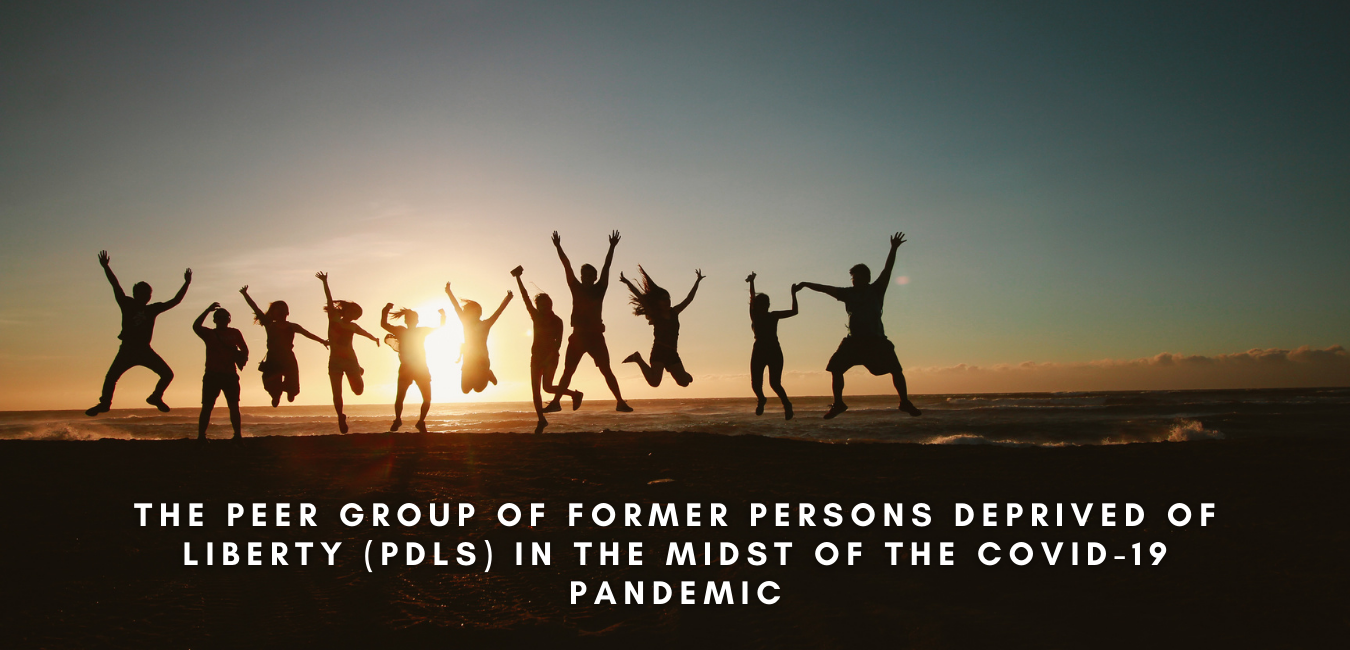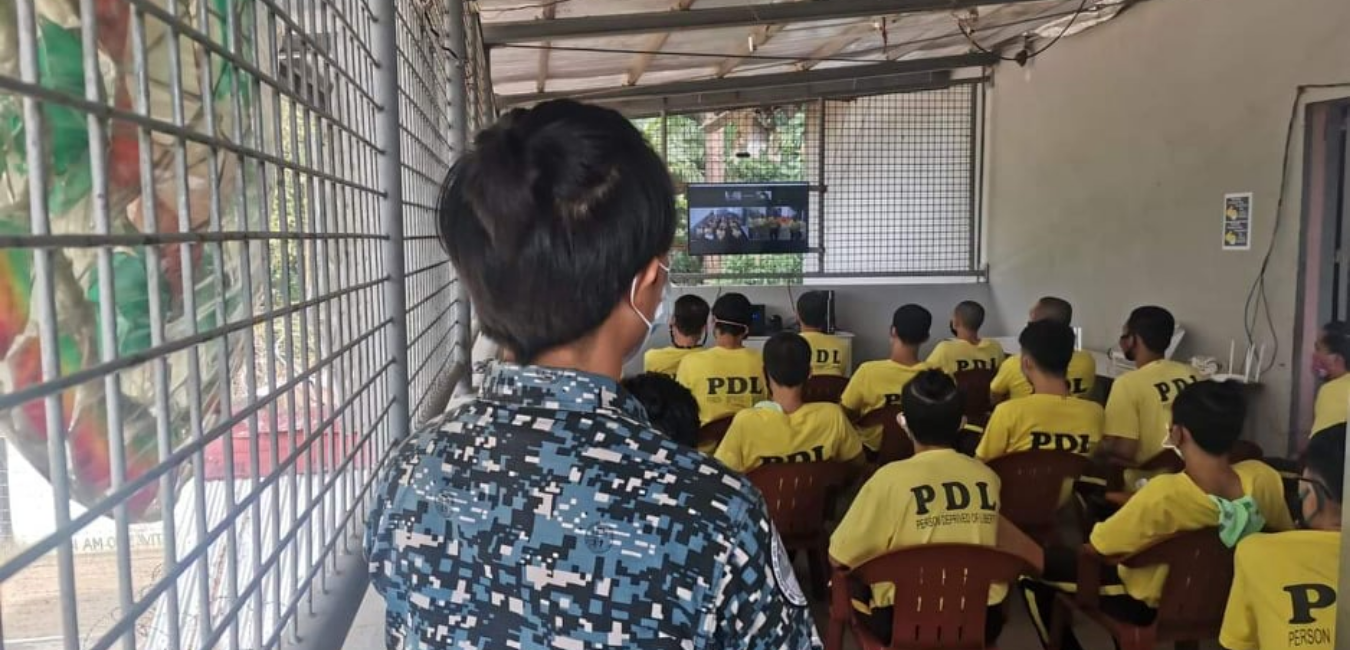With the COVID-19 pandemic, we are living through a world crisis with the likes of which hasn’t been seen in 100 years.
The COVID-19 pandemic is distressing on the grounds that it’s difficult to foresee how things will develop and result, while our conditions are evolving quickly. This leaves us feeling frail on the things we cannot be in charge of. Similar to the case in numerous parts of our lives, there are things we can’t handle in the present circumstances. These incorporate the activities and responses of others, how long the circumstances will last, and what may occur later on.
The current health crisis challenges significant social, political, and economic features in our communities. This faces unfolding consequences for the most vulnerable; persons with disabilities (PWDs), senior citizens, health workers, children, other people at risk.
It tests how communities adapt quickly to lightning-speed difficulties and adjustments.
The Barangay Councils for the Protection of Children (BCPCs) did not go around and took immediate action to plan activities that promote the children’s welfare during the pandemic.
The BCPC is an assembly, in charge of planning and implementing activities on child protection at the barangay level. It consists of different committees that promote the rights of children. The council is a constituent that decides for the best interest of the child.
Without a doubt, dealing with the COVID-19 has caused a great social crisis that presented challenges to the BCPCs forcing them to face unprecedented times, and to reconceptualize how to provide better service for children necessary for their optimal growth and development. While these crises occur, came opportunities for changes and improvements, for innovations and creative solutions, some of which should be adapted and incorporated into their daily practice and social routine, even in the post-COVID-19 pandemic era.
In order to know how the barangay councils adapt their programs and campaigns for children, HLAF initiated the 2021 Online Barangay Council for the Protection of Children (BCPC) Congress, which theme is “Sinong mag-aadjust? Pag-aangkop ng Child Protection sa Pamayanan sa pagbabago ng panahon”.
This year’s theme aims to focus on how communities and community-bearers adapt their strategies to provide needs and better protection of children during the pandemic, as well as showcase the resiliency of their respective communities.
The Online BCPC Congress runs May-October 2021.
Estimating: Tatak Barangay Practice (TBP) pre-judging stage
Barangay Gordon Heights, Olongapo City
Priscilla Ponge, Barangay Captain of Gordon Heights, Olongapo City presented her office’s ways and strategies that help families and children in need during the pandemic. “Higit pa sa ayuda, kalinga, at aruga ang mas kailangan ng bata” discussed the services they provide, especially in food and daily supplies assistance to families and children in their barangay during the strict health protocols and lockdowns.
Their food relief caravan activity was the highlight of their presentation. Ponge said the local lockdowns have caused families to lack a daily food supply. The strict community quarantine surely lost regular jobs to households and those requiring physical presence.
Moreover, their programs for children adapted to the current rules being implemented by the health protocol such as but not limited to children violating curfew hours and those involved in illicit activities. Their child protection desk is active, while logbooks and record books are properly used to document child-related cases.
Ponge said curfew violators are accompanied until their homes. Pinagsasabihan namin ang kanilang mga magulang na maging mahigpit sila sa kanilang mga anak. At kung mauulit ang pangyayari, mga magulang na ng mga bata ang papanagutin.
Children involved in illicit activities are given rightful actions and intervention programs. Ang mga bata naman na masasangkot sa mga ilegal na gawain sa panahon ng pandemya ay bibigyan ng karampatang aksyon ng pamahalaang barangay. Sila ay isasangguni sa iba pang tanggapan/ahensya ng gobyerno tulad ng Police Station, City Social Welfare and Development Office (CSWDO), Social Development Center (SDC) at Center for Youth na siguradong tutugon sa kanilang naging suliranin upang patuloy na mapangalagaan ang kanilang karapatan at kapakanan sa kabila ng paggawa ng mali.
Ang tanggapan naman ng Children’s Protection Desk ay nagsasagawa ng mga intervention at diversion programs para sa mga CAR at CICL upang maituwid nila ang nagawang pagkakamali. Binibigyan din sila ng oportunidad upang maipaliwanag ang kanilang mga naging kalagayan, Ponge added.
Gordon Height’s community involvement played a huge part in the implementation of the BCPC’s activities. Naging makabuluhan ang naging papel ng pamayanan sa matagumpay na pagpapatupad ng aming mga programa para sa kanila at sa mga kabataan. Dahil sa implementasyon ng paghihigpit sa galaw ng mga tao sanhi ng pagtaas ng bilang ng kaso ng COVID-19 sa komunidad, ang tanging gawi ng mga tao ay manatili sa loob ng bahay hanggat maaari at kung hindi naman importante ang dahilan ng paglabas ay marapat na pumirmi sa tahanan upang makaiwas sa banta ng coronavirus.
Gordon Heights reported that the pandemic caused a low criminal rate of 1%. Bumaba ang bilang ng kriminalidad sa barangay, ayon sa datos, one percent (1%) criminality rate ang barangay sa gitna ng pandemya. Bumaba rin ang bilang ng mga batang nagkasala sa batas, hindi lalampas sa sampung kaso ang reported cases ng mga CICL sa kasagsagan ng pandemya, said Ponge.
No child has been recorded to have COVID-19, said the barangay health center. Over 4,000 children received supplies such as food, vitamins, milk, bread, and toys to play with, while 3,000 children received polio and measles vaccination.
Sa mga nabanggit na programa ng pamahalaang barangay, masisiguro na magtutuloy-tuloy ang pagpapanatili ng epekto ng mga gawaing nasimulan sa gitna ng pandemya hanggang matapos ito dahil sa pagtutulong-tulong ng Gordon Heights, Ponge concluded.
Barangay Longos, Malabon City
I think before I click, is an online campaign to become a responsible social media user, as well as give children real and appropriate knowledge on current online platforms, said Edna Morit.
Morit shared kagaya ng mensaheng nabanggit sa awiting “Bawat Bata” ng APO Hiking Society ang bawat bata sa mundo ay isinilang na may karapatan kung kaya’t dapat sila ay pinoprotekhan at pinapahalagahan. Ngunit, kasabay ng kanilang pagtanda ganun din ang pag babagong nangyayari sa lipunang kanilang kinagagalawan, na ngayon ay nababalot ng teknolohiya na isa naring masasabing new normal.
Longos’ plan was to create online advocacy mainly to reduce and keep children away from the possibility of online abuse and neglect. The program aims to equip children, parents, teachers, duty-bearers, and other individuals responsible for social media usage.
The COVID-19 pandemic turned most people’s attention on social media where they get their daily news, updates from family and friends, and other events. Morit said that Longos saw the urgency to provide social media literacy that will guide online users’ responsibility. Sa tulong nga BCPC Council, Barangay Children and Youth Association, Barangay Council, BCPC Volunteers, Guro, at iba pang indibidwal ay naisagawa ang programang ito, said Morit.
Longos expects that the Barangay Council and the Sangguniang Kabataan continue to provide reminders to children and the youth of the limitations of social media use. While the Barangay Children and Youth Association is expected to persuade members of the community to be part of the online advocacy to promote children’s rights. Teachers and parents are looked forward to share their extensive knowledge and experience to responsible social media usage, as well as guide children whenever they use web platforms.
Indirectly, the online advocacy created a space for children to shared discussions and stories which did not tackle only social media use, but as well their life during the community quarantine.
Morit said that she thinks that the activity is a success and is effective to the target participants. Masasabi namin na naging epektibo ang aming programa dahil ito ay sinuportahan ng ilang kasamang BCPC hindi lamang sa Malabon, pati na rin sa Navotas. Naniniwala kami na ang munting mensahe para sa mga bata ay naipahayag ng maayos.
Their hearts and dedication for children are their sustainability plan, yet of course, the allocated 1% budget for the BCPC. Puso ang aming naging puhunan kung kaya puso din ang magpapanatili upang maipahayag sa lahat ang adbokasiya na mayroon ang BCPC Longos , patuloy na proteksyunan at isulong ang karapatan ng mga kabataan.
Barangay Pinyahan, Quezon City
Pinyahan was represented by BCPC Secretary Elvie Laurito who shared their handling, diversion, and intervention program.
Laurito said



